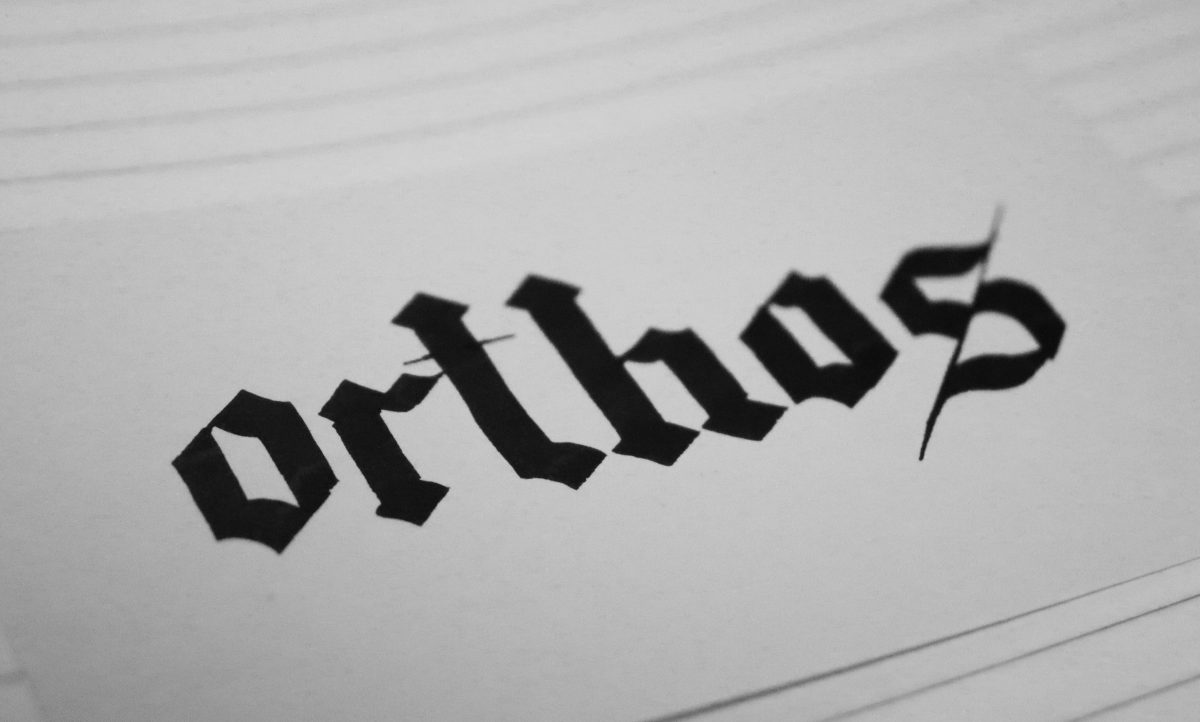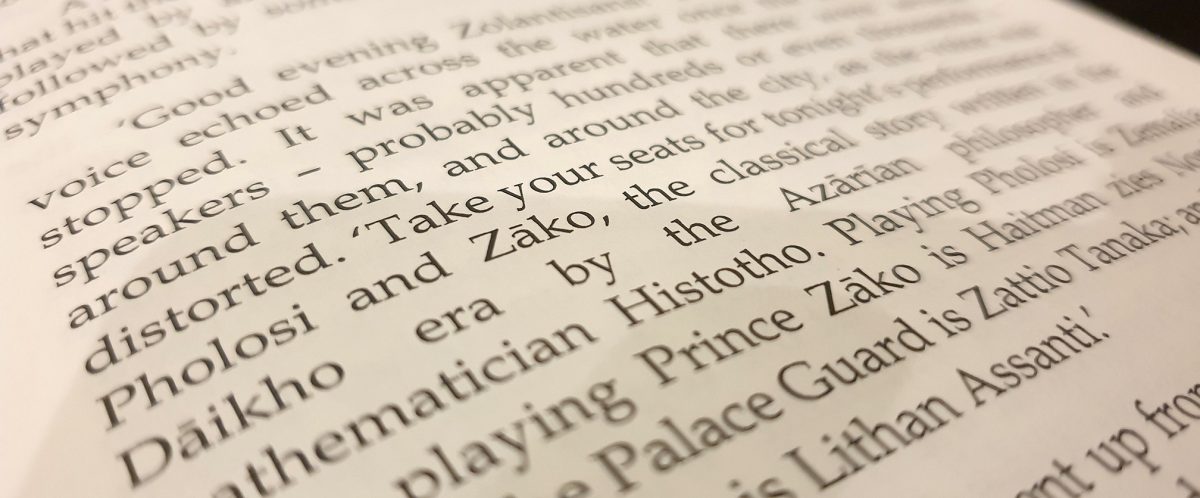‘The comma always goes before the closing quote mark.’
I’ve heard this a number of times over the last 7 years or so – mostly, but certainly not exclusively, from Americans.
And I had heard it in life before that too. I can’t remember exactly when I first heard it – I think it was possibly in secondary school, from one of my secondary school English teachers. But I do remember that when I first heard it, I immediately thought ‘That’s silly.’.
Consider the following sentence.
‘I think I like pears more than I like apples.’
Now let’s imagine that this is a line said by someone – a character in a novel, perhaps. Now, the ‘he said’ / ‘she said’ could be put at the end.
‘”I think I like pears more than I like apples.”, she said.’
Or we could split the sentence and put the ‘he said’ / ‘she said’ in the middle.
‘”I think”, she said, “I like pears more than I like apples.”‘
This illustrates the problem. That first comma in the line above – those who say ‘The comma always goes before the closing quote mark.’ would have it go before the first closing double quote mark – immediately after the word ‘think’.
But I think this is ridiculous. That comma is not part of the original sentence – what this person is actually saying. It is not part of the ‘inner sentence’ – it is part of the ‘outer sentence’. For clarity, I’ve written the same text again below, but coloured the ‘inner sentence’ green and the ‘outer sentence’ blue.
‘”I think“, she said, “I like pears more than I like apples.“‘
The double quote marks are the demarcations between the inner and outer sentences. You can join together all of the separately-quoted parts of the inner sentence to get back the original thing being quoted.
If we were to follow the ‘The comma always goes before the closing quote mark.’ rule, however, we would have:
‘”I think,“ she said, “I like pears more than I like apples.“‘
This is clearly less elegant. The inner and outer sentence are now mixed together across the quote marks.
So I would say that the correct rule is: only that which is part of the quote goes within the quote marks.
Now sure, commas are for adding structure to written language – we do not speak them. (Well, they sort-of represent pauses in spoken language, but it’s not a hard-and-fast rule, and they’re better understood as making clauses easier to recognise in written text.) But that structure is still either of the inner sentence or the outer sentence, and putting a comma in the inner sentence when it’s actually part of the outer sentence can change the meaning.
I learned a while ago that my preferred style of using punctuation is called logical punctuation. And apparently the other style – the comma-before-the-quote-mark style – is known as typographer’s punctuation, or something like that. I’m not too sure about these names. ‘Logical punctuation’ is a bit grandiose, even if it is more logical, and I don’t know why typographers would be expected to be so slapdash in their approach to punctuation. But apparently these are terms that are used.
I’ve also seen it said that logical punctuation is the British style, and the other way is the American style. I’ve certainly heard Americans advocate for the comma-before-the-quote-marks style more often. I’ve heard Britons insist upon it too, though whether this is just because of the cultural backwash we get from America, I can’t say.
But regardless of what the best names for these styles are, and regardless of whether the Britons or the Americans use one style more, it is better to use logical punctuation.
The main argument I hear in favour of the American style is ‘It looks better.’. There’s just something about the lower punctuation mark followed by the higher one that looks better than the inverse. While aesthetics are very important in language, to some extent (only some) what you like is just what you get used to over time, and aesthetics should generally not be at the expense of function and semantics. (There are exceptions, of course, but generally.)
Some would say that my approach is perhaps the product of a mathematical mind. (I am a physicist by training.) You can certainly see the appeal of logical punctuation to a mathematical mind – logical punctuation perfectly mimics the way brackets work in mathematics. However, this is somewhere where the penetrating orderliness of mathematics should influence human language. Using logical punctuation allows you to avoid a great many problems that arise if you try to use the American style. The American style generally applies not just to commas, but to all punctuation. Consider the following sentence.
‘What did he say after “You’re not supposed to do that?”‘
The typographer’s style advocates for putting that question mark before the closing double quote mark, as I’ve written it above. But is the question mark part of the inner sentence or the outer sentence? Or both? You can’t tell – but it changes the meaning. If the question mark is part of the inner sentence, the person being quoted is asking a question. If it’s not part of the inner sentence, the person being quoted is making a statement.
This is clearly a problem, and if you try to follow the American style for an entire book, you will run into variations of this problem over and over again – with no way to be both consistent and always unambiguous. (You might think the problem won’t come up very often, but it does – it comes up A LOT.)
Logical punctuation solves this easily. If the inner sentence is a statement, you write:
‘What did he say after “You’re not supposed to do that.”?’
and if it’s a question, you write:
‘What did he say after “You’re not supposed to do that?”?’
Some people might find it visually clumsy to have all those punctuation marks bundled together like that. But again, the aesthetics you can adjust to if you just get used to it – but the semantic issues of the typographer’s style cannot be cleanly resolved.
I hope that logical punctuation becomes more popular. Britons seem to be split on it. But I think it’s an easy rule to remember: only that which is part of the quote goes in the quote marks.

